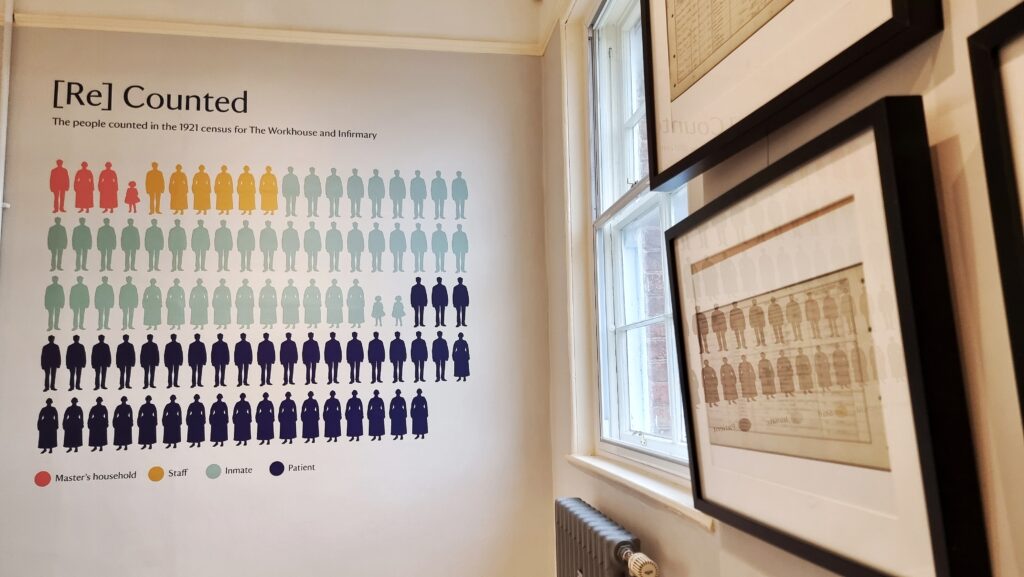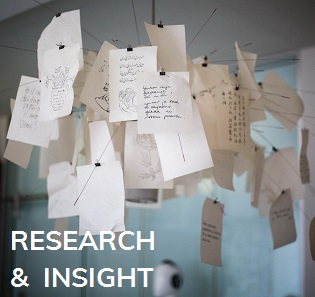Recently discovered personal tales from the Workhouse and Infirmary from over 100 years ago have been painstakingly pieced together, inspiring new exhibitions and interactive games at the former institution in Southwell, Nottinghamshire.
The National Trust collaborated with family history experts Findmypast to pluck fascinating threads from the 1921 census and weave together over 40 stories of Workhouse and Infirmary staff, inmates and patients.
Along with a fascinating glimpse into life just after the First World War, it has been one last chance to get a clearer view of original Workhouse conditions, as the ‘Poor Law’ maintained its grip on The Workhouse for only 10 more years. These are some of the final stories of The Workhouse era.
Visitors to The Workhouse and Infirmary can take a trip through the census discoveries and explore some of the overall findings of the research with the new ‘[Re]Counted’ exhibition in the Infirmary. There is also the opportunity to come face to face with a surviving births and deaths register from around the time of the 1921 census. Further pop-up exhibitions that explore individual stories found through the research, as well as interactive family games such as a giant Guess Who, are planned for February next year.
Some startling discoveries that are new narrative experiences for visitors include the likes of inmate Thomas Baldwin, aged 60, who found a way to leave The Workhouse, which was unusual for his age. Five years later, he passes away after being taken back to the Workhouse’s Infirmary following a car collision.
Another inmate, William Frisby, was a butcher that fell on hard times, and ended up embroiled in a scandal. When the then Master was accused of drunkenness and violence against inmates, an investigation eventually discovered that William had been doing his paperwork for years!
Other stories include women such as Mabel Collins, a rural working-class mother who became Matron at The Workhouse after outperforming over 60 other candidates for the role. Other local women were not so fortunate. Mary Holleworth lived comfortably at the still surviving Plough Inn in the Nottinghamshire village of Wysall, but after her spouse passed away, she entered The Workhouse and died just 3 years later. There are many more connections to recognisable local places and businesses thanks to the research conducted.
From this newly revealed information, researchers at The Workhouse have been able to locate living relatives from across the world as they pursue more lines of enquiry, which may unravel even more insights into Workhouse ancestors and their stories.
For those wanting to delve further into the many stories discovered at The Workhouse and Infirmary, Findmypast are offering free access to all the surprisingly deep and often intriguing stories discovered. This can be accessed by going to www.findmypast.co.uk/national-trust
To find out more about The Workhouse and Infirmary, see upcoming events linked to the census findings, and learn more about the partnership with Findmypast, go to their webpage at www.nationaltrust.org.uk/the-workhouse
Posted on 07 November 2023







